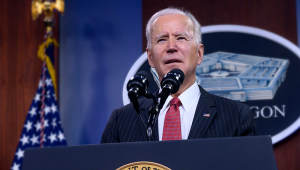President Edgar Lungu’s office released information about a meeting with IMF Africa department head Abebe Selassie where they “discussed wide-ranging issues regarding Zambia’s relations with the IMF going forward”.
The fund later confirmed a formal request for an arrangement had been made, and that it was under assessment.
Informal discussions between the IMF and Zambia have been ongoing for some time.
A July statement from the fund said progress was being made, but the authorities still needed to determine their priorities, adding that more work was needed to agree on the medium-term fiscal stance needed to restore debt sustainability.
Since then, the government has failed to make a $42.5m eurobond repayment, becoming the first African country to default since the beginning of the pandemic.
The country’s problems began before the outbreak of Covid-19, with the price of its main export, copper, having plummeted in the past three years, leaving repayments on its estimated $12bn public debt (nearly 140% of its GDP) difficult to meet.
According to World Bank figures, around half of Zambia’s debt is owed to private lenders, about one-quarter is owed to China, around 20% to multilateral institutions and 5% to other governments.
Zambian authorities asked their private creditors for a six-month pause on debt-servicing payments until April, but the request was rejected in November.
It would have cost the government $1.7bn to service its debts in 2020 – more than four times its healthcare budget.
“There’s clear evidence that restructurings always happen too late and too little,” said Tim Jones, head of policy at the Jubilee Debt Campaign.
“Zambia has been in a debt crisis for several years, and it would have helped the people of the country immensely if this had happened earlier on.
“That hasn’t happened, and the danger now is that not enough debt restructuring takes place and too little debt is cancelled, meaning we will end up back in the same place in a few months or years.”














